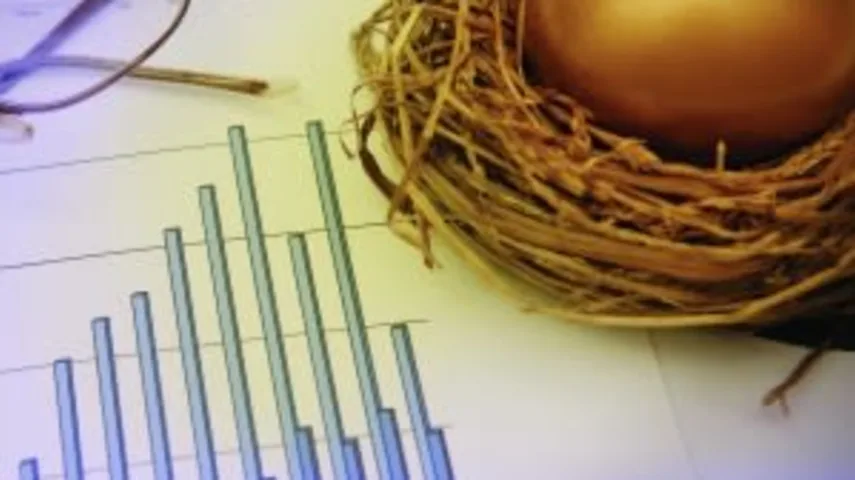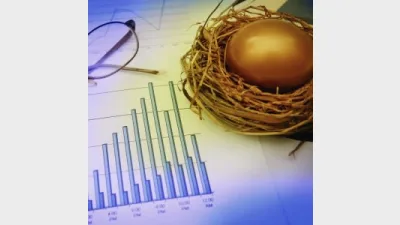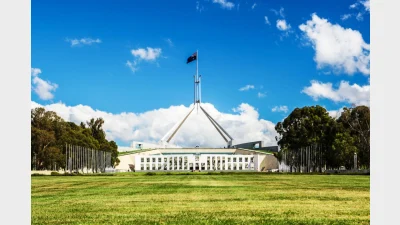Delay better than abandoning the next SG increase



The Federal Government would be better off delaying the next rise in the superannuation guarantee (SG) than cutting it off altogether, according to actuarial research house, Rice Warner.
In an analysis published this week, Rice Warner has defended the effectiveness of the SG while acknowledging the economic difficulties created by the COVID-19 pandemic.
It said that one of the key advantages of the SG regime was that it smoothed costs to Government and improved benefits through real returns, with the resultant retirement incomes self-sufficiency reducing the cost to Government over the long-term.
“This hypothesis suggests we should push the SG as high as possible. At 15% over a career, we might get most Australians largely off the Age Pension, but there is a trade-off with other expenditure need,” it said.
It pointed to recent research suggesting the SG should be set somewhere within a range of 10% to 15% with the higher number keeping more people off the Age Pension.
“We should also note that the steep taper rate on the Age Pension causes a problem for many people entering retirement, even though the impact reduces in later life as they drawdown and spend more of their benefit,” the analysis said.
“The current policy of 12% fits neatly into this range. However, following the Global Financial Crisis, in 2014 the government deferred the increase in the SG rate from 9.5% to 10% until 2021. We have only had a 0.5% change in the last 18 years, and it is now only scheduled to get to 12% in 2025. It is likely that there will be further public debate about delaying it further due to the current economic crisis.
“It still makes sense for the SG to go to 12% but we need to recognise that wage rises are likely to be low for a few years, and any increase will cut into disposable income for many people. We do want certainty, and it would be better for the government to call for another delay rather than cutting it off altogether at a lower level.
“It is time for rational holistic thinking on the subject. Society could accept a delay in these difficult times, but why not think more laterally and tie any future SG increases to the forthcoming personal tax cuts to minimise the impact on disposable income.”
Recommended for you
Former ASIC and APRA leaders launch a conflict-free model to meet rising prudential expectations.
ASFA has launched a central online hub to help super funds, employers and service providers prepare for Payday Super reforms.
The Super Members Council is calling on the government and regulators to impose additional safeguards to prevent superannuation switching harm and has put forward multiple suggestions for improvements.
The Assistant Treasurer has reaffirmed the government’s commitment to strengthening retirement outcomes, consumer protections and cyber resilience in superannuation.









